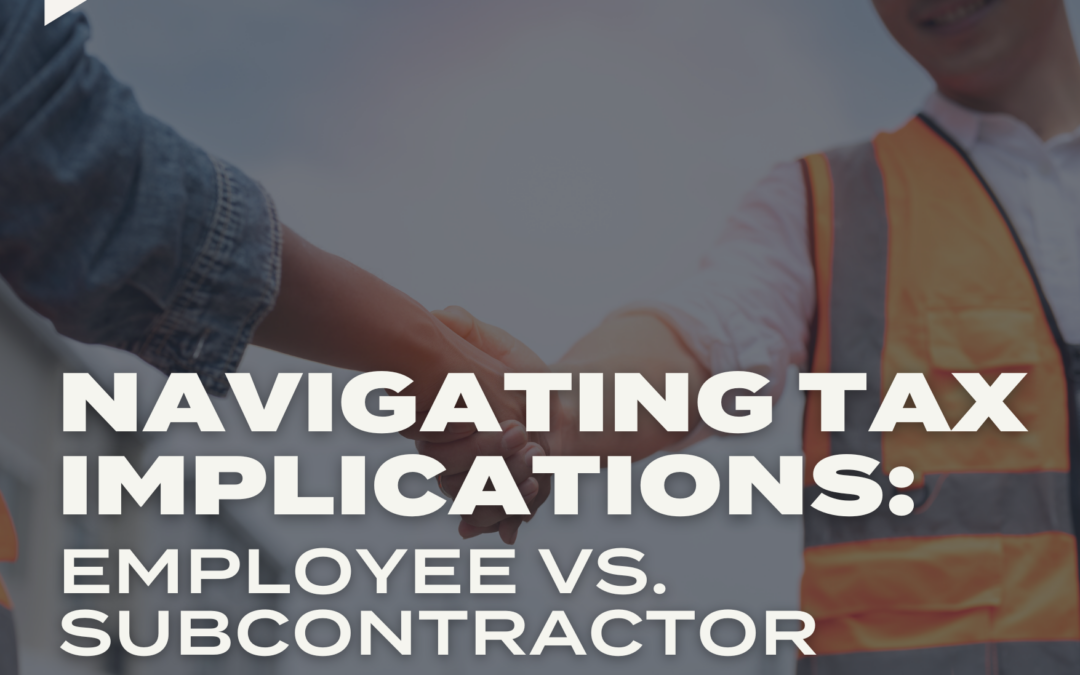As part of the tax bill that was signed in late December of 2019, it is called the SECURE Act, and that made major changes to what happens with your 401(k) and your IRA after you pass away.
We talked about minimum required distributions in the past—is this what has changed?
Yes, exactly. In the past when you inherited an IRA or a 401(k), your age was really the largest factor in determining how much you were required to take out on an annual basis. But with the tax law change, this has also changed.
How exactly has this changed?
With some exceptions, the required minimum distribution rules have really changed to a 10-year rule. Under this rule, your account that you inherit from somebody else needs to be emptied by the end of the tenth year.
Are there still annual distributions that must be made?
No, this is where it is a little bit different. When we looked at everything in the past, you had to take out a required minimum every single year. But under the new rules, you can take out as much as you want every year, as long as the account is emptied out by Dec. 31 of that tenth year—taking it all out right away, or waiting until the very last day, depending on your circumstance.
Are there exceptions?
Yes, there are exceptions. Individuals in the following classes can receive distributions over their lifetimes:
- Surviving spouses
- Minor children
- Disabled individuals
- Chronically ill individuals
- Beneficiaries not more than 10 years younger than the IRA owners (still under the same old rules)
This act was mainly designed to shorten the distribution period for younger people.
For example, if you have a child that is 24 or 25 years old, and they inherit an IRA, they have to take that out over 10 years.
But let us say that child is 3, 4 or 5—it made absolutely no sense to take that out over 10 years, because they would have had to take that all out before they are 15, or even before they are 18.
So I think that is the reason for the exceptions on the minor children, and even disabled or chronically ill individuals. You want to make sure that they get that stream of payment over their lifetime, not over a short period of time.
Is this act retroactive?
No. For people who passed away in 2019, they are still under the old rules. For people who pass away after 2019, they are under the new rules.





